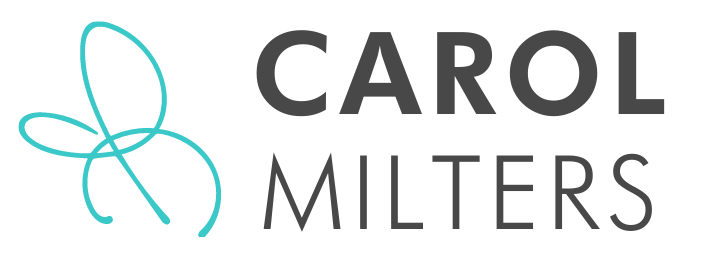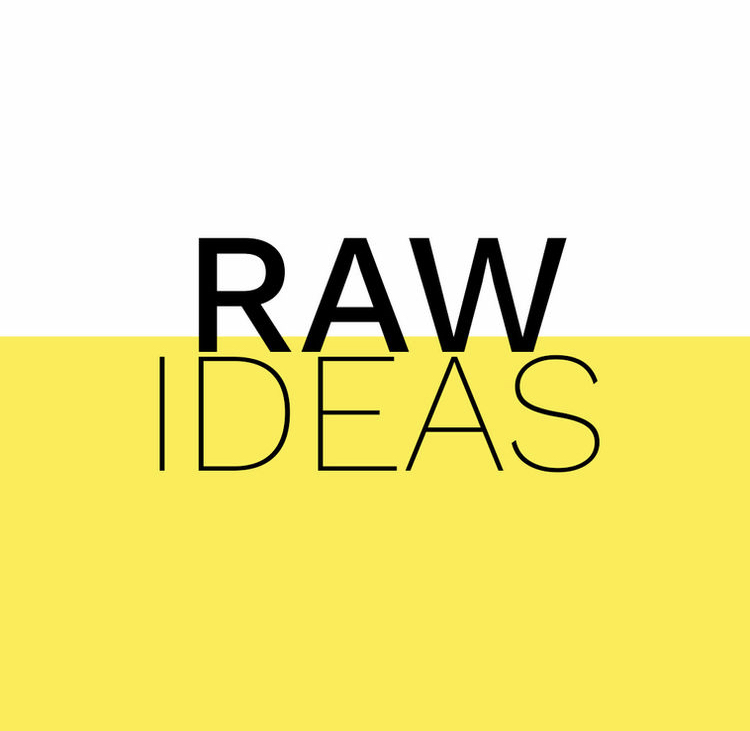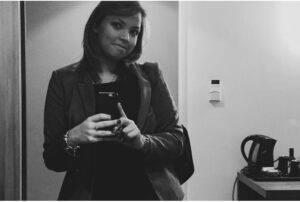Why did I let myself drift into posting stuff on Instagram instead of writing? Social media is such a tough beast to tame…
I thought that by planning the content once or twice a month I’d have enough of it. But it doesn’t work like that. I get inspired to share things much more frequently and end up using hours of other weeks as well.
Instead of trying to go against my natural instinct, I will go around it. So now, I’m wondering how can I use it in ways that channel my creativity, allow for meaningful relationships to start and bloom, and have fun.
I just had a great idea: not look into the numbers!
Look at it only once a month. Is there an app for that? Would it be possible to interact and post things without seeing how many likes and followers I have?
It seems to me that if we remove the number from the equation, at least from seeing it constantly, we would be a lot freer to create our content and focus on meaning and the long run instead of the instant gratification of receiving a new follower or comment.
For the website, for instance, I look at the numbers once or twice a month. The stats allow me to check if I’m going on a good path if the things I’ve been doing resonate with people. It gives me insights on things I could improve about it. But it does not guide my vision or strategy. When I sit to write a blog post, I am not looking at the number of people who are going to see this.
There’s a subtle but fundamental difference between being addicted to numbers and ignoring them altogether.
I’m thinking about my weight now. I know, it might have nothing to do with the topic. But stay with me for this. I had eating disorders for most of my young and adult life – yeah, mental health is not exactly a walk in the park for me. After several treatments, experiments and strategies, I can finally say I am over it. Not that I am eating wonderfully, that I don’t eat like a beast sometimes, but I don’t lose myself over it, and it doesn’t cause me trouble anymore.
There were a handful of strategies, to say the least, that led me to recovery. Therapy is definitely the strongest one. Moving to a country where looks are not such an obsession as it is in Brazil (aka, the country with the most plastic surgeries in the world) was also handy.
But there’s another one, silly and incredibly powerful, that I can guarantee account for at least ⅓ of my recovery: I don’t measure my weight anymore.
I don’t quite remember why or how this started. I do remember that one day I decided I was not using my scale – one of the first things I bought when I moved to Europe – anymore.
It’s been a year and two months I don’t go on a scale. If you ask me I’d have no idea how much I weight: 60, 65, 70 kg…? What I do know is that not knowing has freed me.
The thing about going on a scale, especially if you have an eating disorder, is that you will always be blindsided. There is no good option for measuring your weight: you’re either disappointed by what you’ve seen, which makes you anxious, or you get over your head because you overperformed and that entitles you to send whatever treatment you were into hell.
Now that I think of it, a lot of the numbers we surround ourselves with have kind of the same effect. If they’re good, we feel entitled and stop doing the work that led to that: if they’re not, we beat ourselves up, question our worth and go downhill from there.
As I said before, this is not a matter of going to the other extreme and ignoring it altogether. The fact that I don’t weigh myself (and that I don’t count the calories I eat or the calories I burn) anymore does not mean I gave up on taking care of my body. I just changed the KPI’s (key performance indicators).
Instead of looking at the scale for answers about my health, I look at my clothes: do they still fit? Am I fitting clothes from when I liked myself more or less? Also, I think we all here have the capacity of looking at ourselves in the mirror. That’s also one. I gave up trying to have a super nice body and accepted what I’ve got, being mindful that what really matters is that I am healthy. If I am sleeping well, I ‘m not getting sick all the time, if I’m eating when I’m hungry and not eating when I’m not, if I move a little bit (go for walks, do some yoga), if I balance what I eat a little bit (not eating McDonald’s every day is most of what I mean), it’s more than enough.
For over 15 years of my life, I wanted to weight less than 60 kg. Why, do you ask? I don’t know. Someone, somewhere, created this illusion in my head that weighing more than 60 kg was bad, and I just lived my life by that. Now? I really don’t care. I’d bet I’m closest to 70-80 kg than to 50 kg, but I am happy and my body takes me where I want to go, so screw whoever said that.
The irony of all that is that I am pretty sure I lost a lot of weight since then. Not because I tried or sought insanely for it, but because my body just adapted to my lifestyle and my headspace. As my lifestyle improved a bit and my headspace went from zero to hero (okay, not so much), the rest just followed.
Now, back to the other areas of our lives that we are given numbers and targets to achieve.
We should have 100 k followers on Instagram. We should have 1 million visitors on our website. 10 k email subscribers. Seven-figure business.
Who says?
Again, I am not saying we should go around clueless and not wishing for anything. I am just saying that we could do better if we (1) severely questioned these numbers people come up with; and (2) stopped chasing them.
Just like I recovered from my eating disorders and reached a body I’m pretty happy about today by seeking things that are not in the scale, I think we should also pursue our desired by seeking what’s in the path, not in the end.
If your website is relevant, is reachable, is interesting and meaningful, you will get people. Work on making it easier to find, work on making your message clearer, work on making it a channel that helps you fulfil your purpose.
Check the numbers, but don’t obsess over them. They do not represent the big picture.
If your presence in social media is relatable if you use it for building relationships with people if you are honest and ethical if you channel your creativity with it in a way that rewards you and if that helps you help others, you are on the right path.
Don’t obsess on how many people interacted or saw you. Do pay attention to who these people are and what they are telling you. Do pay attention to how social media makes you feel and work towards feeling inspired, useful, embraced and grateful (or whatever it is you value).
The rest will follow, I assure you. Maybe not the way you were taught to expect, maybe not in the speed your anxiety allows you to expect. But it will.










